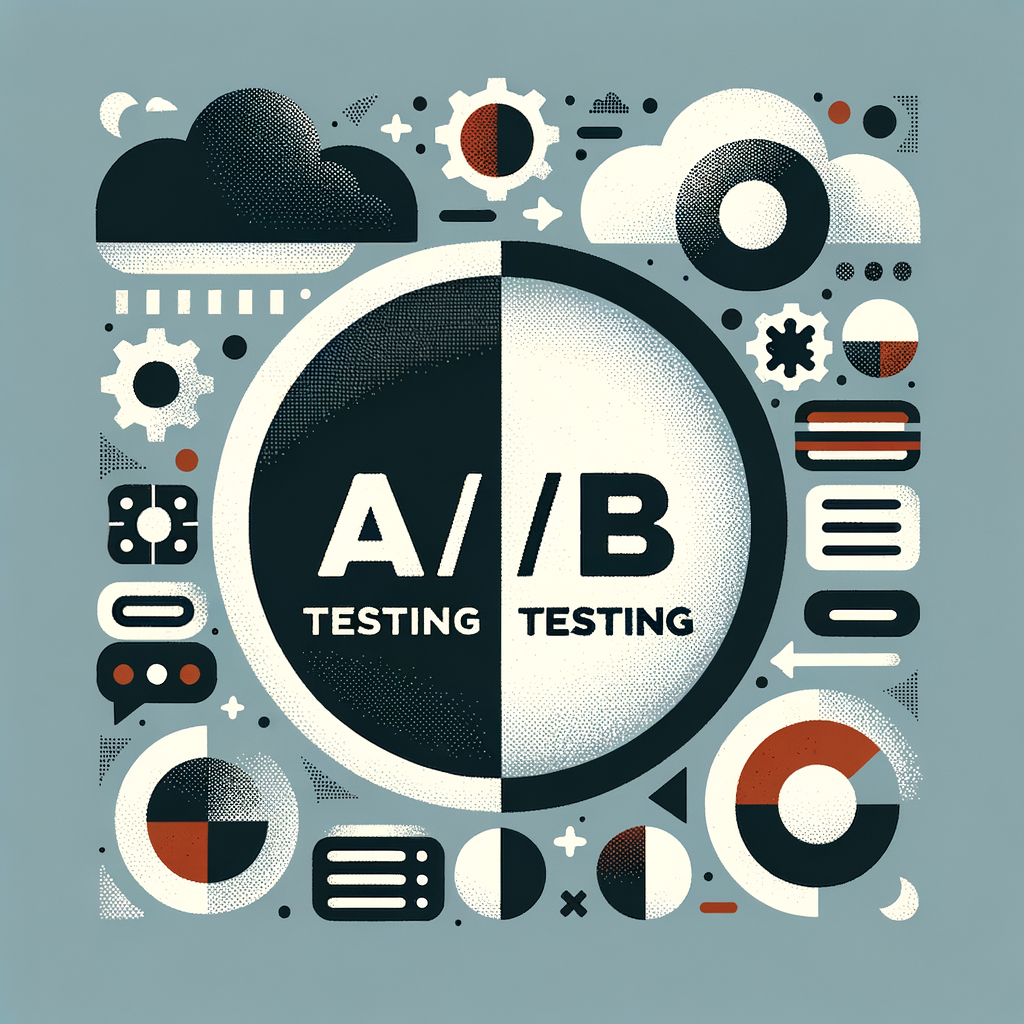Learning never stops; not even during a pandemic. There was, however, a shift in the medium of knowledge delivery, with educational technology (edtech) playing a vital role. A 2022 white paper co-authored by KPMG and Quora, EdTech trends based on conversations on Quora, noted that the formal education system in India has seen a significant shift towards online models across the value chain, from admissions to assessments. It revealed that the edtech industry grew phenomenally during the pandemic and is expected to grow even more rapidly in the coming years.
According to the white paper, the Indian edtech market was estimated to be USD 2,763 million in 2020 and is expected to rise to USD 10,269 million in 2025. It also stated that although the online education sector in India saw immense growth during the pandemic, it is currently at a critical juncture, as it needs to maintain its momentum post the reopening of offline educational institutions.
At an event themed ‘The Digital Wave in Education’ presented by Forbes India in partnership with Quora, Gurmit Singh, General Manager – APAC and MEA, Quora and Narayanan Ramaswamy, National Leader – Education and Skill Development, KPMG in India discussed the highlights of this white paper and shared their insights on the edtech revolution which is redefining the entire knowledge sharing platform in the country.
Representing Quora, a unique platform that sits between search and social, Gurmit Singh set the context, before elaborating on emerging trends related to edtech topics and conversations on Quora. “Quora is a place where people connect with each other. It is effectively a good knowledge sharing network, as people come there to research, evaluate, find communities, share and, therefore, be productive,” he said.
He explained how, for instance, people who were interested in pursuing data science could go on Quora to figure out what courses seem good and which platforms offer these. Then, once they choose a course, they could tap into communities which are already doing the course and get a sense of what they have to say about it, how much they cost and whether it is really worth it.
Quora’s role does not end with getting answers from communities to queries and concerns. After taking a course, users come back to Quora and share their experience. “That’s the full cycle which you experience on Quora. It’s really ideal for education as nearly 57% of our users frequently engage in education-related topics,” he affirmed.
Coming to specific insights, he shared that conversations on edtech and related topics showed a prominent spike from 2019–2022 in India. These conversations increased significantly during the pandemic compared to the pre-pandemic period, and are on an upward trend since.
Within education, e-learning contributes an average of 58% of total views for edtech related topics on Quora, while online training contributes an average of 24.8% of total views.
The Quora-KPMG white paper stated that the online upskilling market is estimated to grow to USD 2,040 million by 2025, with working professionals continuing to remain the largest category of end users. Gurmit Singh observed that the conversations on Quora regarding up-skilling broadly follow two streams – one is B2C, which revolves around users who are interested in upskilling themselves and the other is the B2B space comprising organizations that want to upskill their employees.
Interestingly, the top conversation themes on Quora for the upskilling segment are with respect to digital marketing courses, followed by data science courses and learning English as a language.
When it comes to purchase intent for upskilling, according to a Global Web Index (GWI) survey of Quora users in India, 69% use the internet for education and study-related purposes, 49% are more likely to have a university degree compared to the average internet user in India and Quora users are 21% more likely to purchase digital content like study programms and learning materials compared to the average internet user in India.
Offering his take on trends in the edtech sector in India, Narayanan Ramaswamy said, “Across sectors in the edtech space, we see that tech-enablement courses are the most sought after. These could be in the data sciences space or domains representing industry 4.0 and other courses that build skills for the future.” He noted that tech and tech-related courses are not just on the top of the list in general but are leading across all learner segments too. “This is true for learners who are still in an education institution or those who are in the early stages of their careers and those going back to learning for reskilling or upskilling.”









